Editor's note: In 2025, the 80th anniversary of independence and nearly 40 years of Doi Moi, the country is entering a new period of opportunity, requiring the desire to break through and reform institutions. Resolution 68 affirms that the private economy is an important driving force, which needs to be facilitated to grow, integrate and engage in strategic areas. In that spirit, Vietnam Weekly - VietNamNet introduces a series of articles about typical businesses: Giovanni (Nguyen Trong Phi) affirms its ability to master the high-end fashion value chain; MK Group (Nguyen Trong Khang) expands from identification technology to the defense industry; Le Gia fish sauce (Le Ngoc Anh) elevates traditional specialties to national brands; 1Metrict (Phan Duc Trung) in the process of developing the digital asset market in Vietnam. Each story reflects the desire for entrepreneurship, the spirit of creativity and integration, and demonstrates that when untied by transparent and fair institutions, private enterprises will become a key driving force for the country's development. |
Craving the taste of the sea
On a scorching summer afternoon in 2017, under the casuarina trees along the coast of Hai Tien beach resort (Thanh Hoa), construction engineer Le Anh sat silently looking at bottles of fish sauce that no one had tried. For three months, he knocked on the doors of every restaurant and every table of tourists to invite them to try the product, but no one responded.
“Sometimes I wonder, am I wasting social resources? Should I stop?” – Le Anh recalls.
But then the childhood memories of cassava rice with fish sauce, the image of his mother drying fish, and the middle-aged women struggling to make a living in the fish sauce village of Khuc Phu kept him. “The only thing I had when I started was a love for fish sauce,” he said.
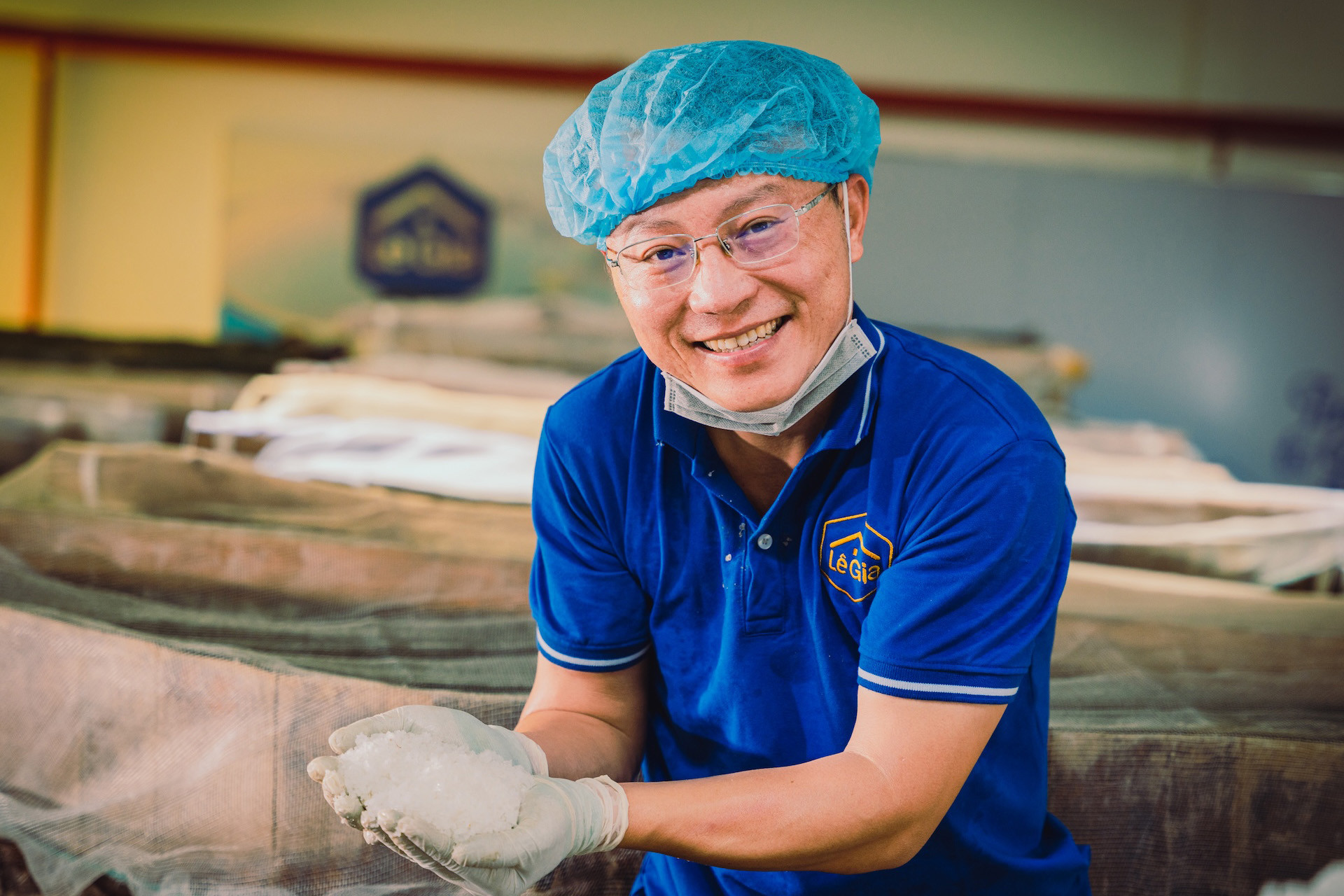
For Le Anh, fish sauce is not only a product but also a cultural story.
Eight years later, the Le Gia fish sauce brand is now present in most major supermarkets in the country, and exported to the US, Japan, Korea, Australia, and the EU. The product meets the national 5-star OCOP standard - a title that only a few dozen products in the country have.
But more importantly, from a "naive" decision, Le Anh has re-established the traditional profession, created jobs for dozens of fishing village workers, opened up a stable source of income for fishermen and salt workers, and brought the Khuc Phu fish sauce village back to the Vietnamese culinary map.
Born in 1985, after graduating from university, Le Anh once had a dream job: a salary of thousands of dollars, participating in large projects such as Noi Bai airport, Nghi Son oil refinery. But gradually, the joy disappeared. The drawings and concrete buildings did not give him a sense of familiarity.
“There are evenings when I sit in the middle of a construction site with thousands of tons of steel, and all I want is to hear the sound of salt hitting fish and the smell of the dry, salty sun in my hometown. I need to live my passion,” he said.
When I decided to quit my job, my parents strongly opposed it, saying, “Now that you’ve escaped, don’t return to this arduous, hopeless job.” Many people were skeptical and “judgmental.”
On the first day of opening the workshop, he only had a few old jars of fish sauce from his family, an empty plot of land left by his grandparents, and a lot of loans. When he went to sell, many restaurants refused him outright: "Customers now only eat the fish sauce, your fish sauce is too strong."
The harshness of the profession is reflected on his face and his hair, which gradually turned grey as he started his career. “There were times when I wanted to stop, not because of my pride, but because I didn’t want my family to suffer because of me,” he shared.
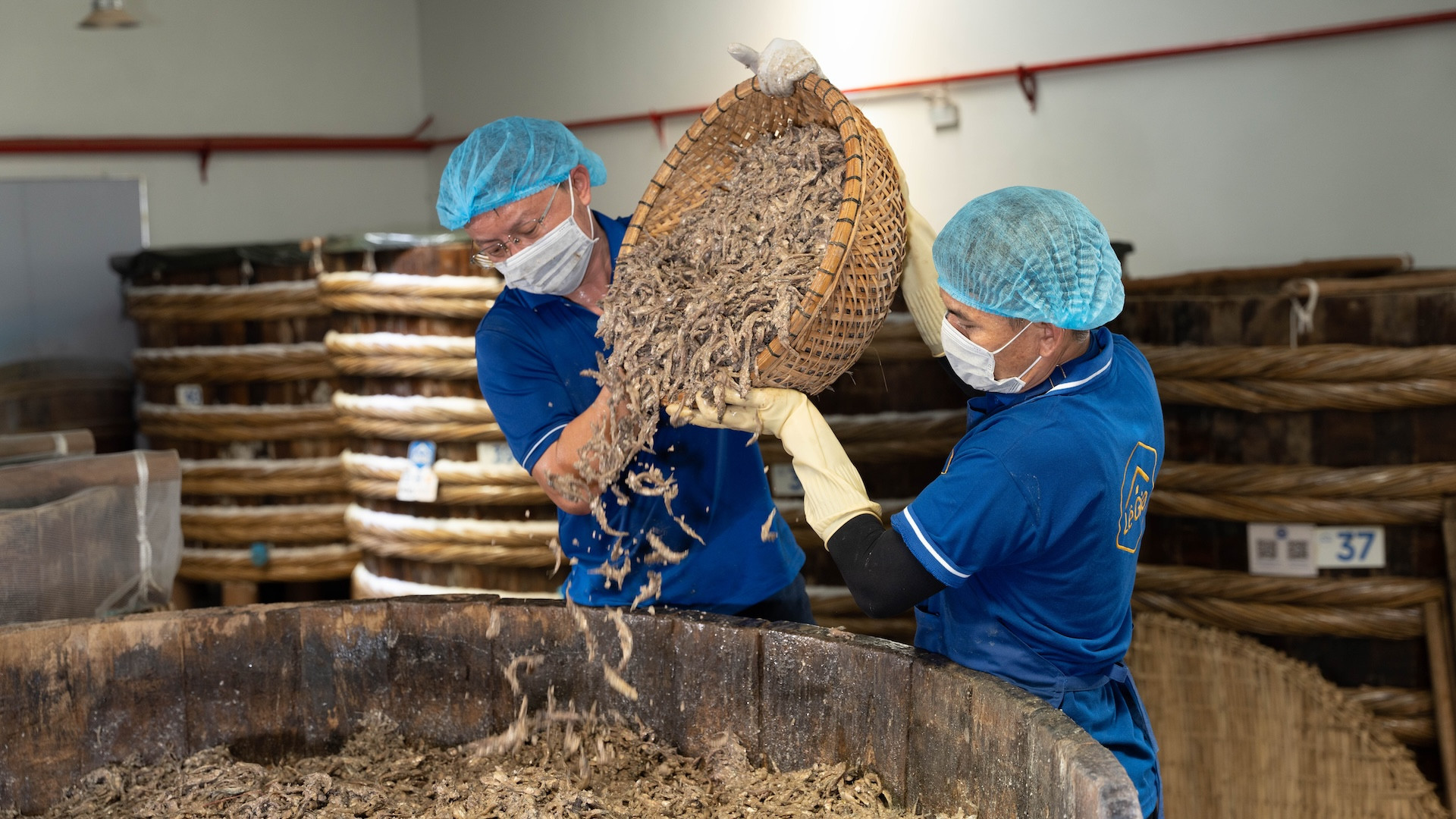
Persevere to survive
What keeps him going is the word “persistence”. Persistently pursuing his dream, persistently maintaining the core values (natural traditions) of the product. Passionately preserving the spirit of his ancestors, wholeheartedly treating customers’ meals as his own family meals.
It took him 5 years to apply for land and complete procedures to build a factory, traveling countless times between departments and branches. “I think, besides luck, the state management officials sensed my determination to help me get a project license to build a factory to realize my dream,” he said.
Finally, a factory in the corner of the village but meeting the standards to sell products all over the world with most of the capital borrowed was built. The pressure of paying interest once made him lose sleep. But he was still determined: "I chose this path not for financial freedom. I want to preserve a part of my ancestors' cultural identity and spread positive things to the livelihood chain of the hard-working people in my hometown."
The word “perseverance” gradually became the company’s spirit. He repeated to his team: “Be persistent and strive to do better every day. Today must be better than yesterday, and not as good as tomorrow.”
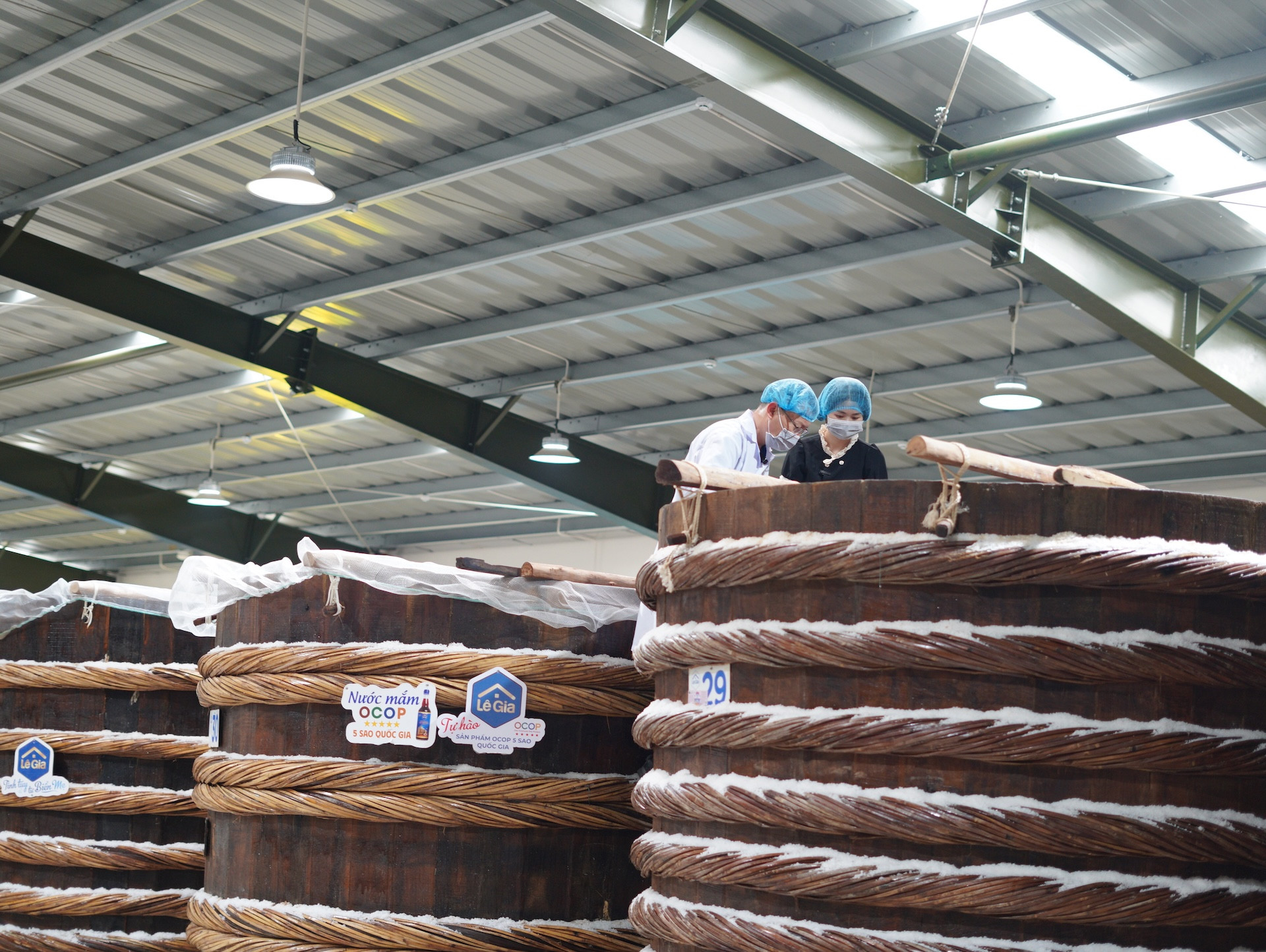
Khuc Phu village, Hoang Phu commune, was once bustling. More than 70-80% of the population lived off the sea and fish sauce. But then, the market changed, young people quit their jobs, and the elderly struggled to maintain. Old fish sauce jars lay silently in front of the yard.
“Going to all the fish sauce villages, I only saw grandparents and elders. The younger generation almost no longer wants to follow in their footsteps,” Le Anh said. Even today, many children prefer soy sauce and soy sauce to traditional fish sauce. “The future of traditional fish sauce - which is considered the culinary passport of Vietnamese people - is unknown,” he worried.
He chose the opposite path: rebuilding his career with perseverance and thorough investment.
Keep the soul, keep the homeland
In the factory area of over 12,000 m², hundreds of Boi Loi wooden barrels, meticulously made by skilled workers, are arranged in neat rows. Fresh anchovies are salted right on the ship, then pressed and packed in wooden barrels for 18-24 months. The drops of honey from the sea - the traditional amber-colored, shimmering, rich fish sauce dripping from the wooden tap is the crystallization of fish - salt - time - sun and wind with the people of the fishing village.
Not only keeping the traditional production methods of our ancestors, Le Gia also applies advanced quality management standards to be able to export to the most demanding markets.
Not stopping at fish sauce, the company has also developed many types of fish sauce: shrimp paste, shrimp paste, kho quet, instant seafood products (shrimp floss, tiger prawns, sea shrimp, steamed meat with shrimp paste, natural weaning spices for babies). In particular, the fish sauce line for babies - low in salt, rich in natural amino acids, conveniently bottled - has opened the door for the brand to enter the mother & baby system chain, large supermarkets in the country.
Fish sauce is not only a product, it is also a cultural story. With the desire to spread the value of traditional crafts and beautify the homeland, the experiential tourism activity at Le Gia's factory was formed.
Right in the middle of the factory yard are two giant conical hats made of guot leaves - symbols of mother and grandmother. Visitors can sit on bamboo beds, drink guava juice, eat figs, star fruit, rice cakes with shrimp paste, play hopscotch and bamboo pole dancing. Visitors can listen to stories about traditional occupations, about the beauty of the countryside, stories told by the fishermen themselves in a simple and sincere way.
Every year, about 20,000 visitors come. Children in the city are excited to know that fish sauce not only has a smell, but is also the “culinary passport” of the Vietnamese people. International visitors are surprised: “A simple product but contains the whole national culture”.
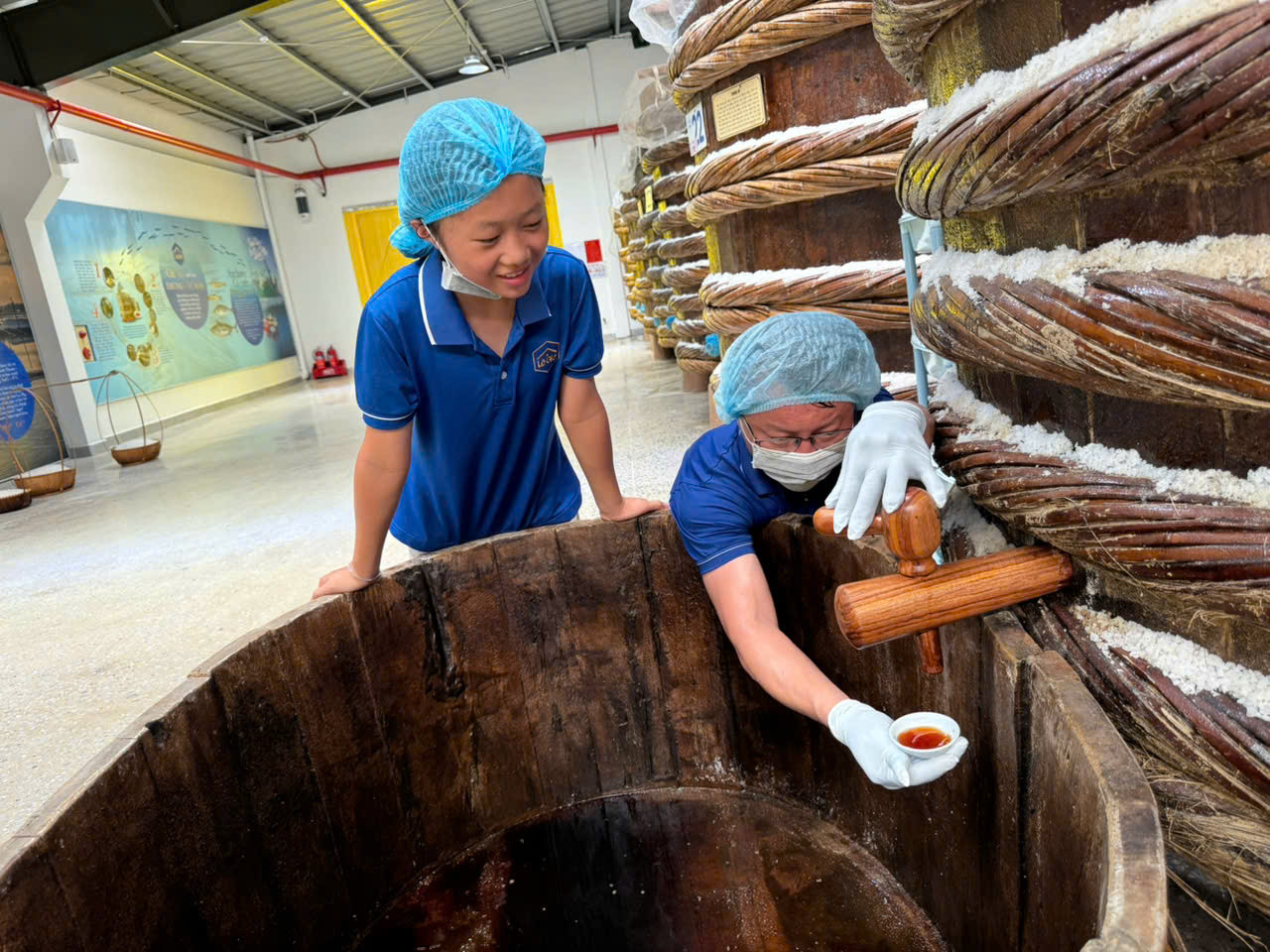
Just like the export of traditional fish sauce products, it is not only a purely economic and commercial activity but also an export of our ancestors' culinary culture. Developing tourism associated with rural craft villages is not only for economic benefits but also a responsibility and pride of the homeland and country.
“We do not set revenue as a target. The KPI of experiential tourism activities is the joy and satisfaction of customers,” Le Anh emphasized.
Social impact enterprise – leaving the countryside but not leaving the homeland
In 2023, Le Gia was recognized by UNDP as a social impact enterprise (SIB). They signed a close chain of links with hundreds of fishermen and salt farmers, purchasing at higher prices than the market, creating stable output. The factory has more than 50 employees, most of whom are middle-aged women in the area.
“Working here, we walk a few steps to work in the morning and come home in the afternoon to cook for our family. It feels like we are still living in the countryside,” said a female worker.
Le Anh calls this a model of “leaving the countryside but not leaving the homeland”. People have stable jobs right at home, in factories that meet international standards, in a cool environment. “If there are more sparrows picking rice next to eagles, there will be more livable villages”, he said.
Pride of Thanh land
On January 16, 2025, in Hanoi, the National OCOP Council scored 52 products, only 28 of which met the 5-star standard. Among them was “Le Gia Fish Sauce – Special Essence 40N”. This is the second time this brand has been honored, after Le Gia shrimp paste met the 5-star standard in 2020.
Deputy Minister of Agriculture and Rural Development Tran Thanh Nam said: “Not achieving the first time does not mean failure. Like Le Gia, after four years of perseverance, he has reached 5-star OCOP.”
Chairman of Thanh Hoa Provincial People's Committee, Mr. Do Minh Tuan, proudly said: "Le Gia fish sauce has spread from a small corner of the countryside to the world. This is a testament to the legitimate aspiration to get rich of the young generation."
“Success is not revenue or profit, but the smiles and joy of the people around you” – Le Anh confided.
This philosophy is present throughout the company. KPI is not a number, but a positive feeling from customers. Once, a female worker hung a photo of gratitude to the company in the middle of her simple and rustic living room - a spiritual gift greater than any bonus.
For overseas Vietnamese, that value is even more profound. A Vietnamese person in Japan wrote: “Using Le Gia fish sauce, I feel warm and less homesick.”
“It was my naivety that gave me the courage to go far. If I had only considered money, I certainly would not have made it this far,” he laughed.
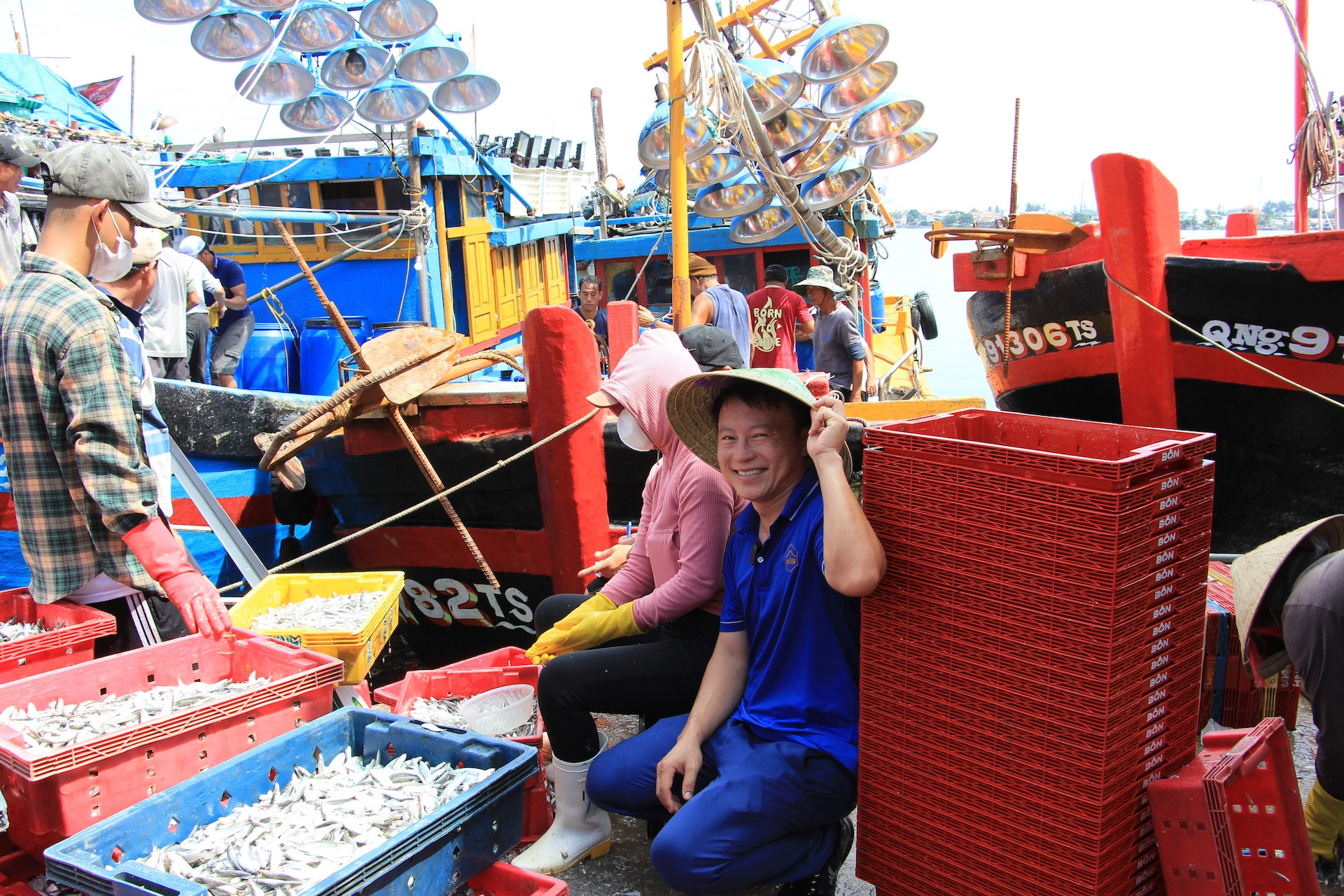
Return to the homeland to reach out to the world
More than 10 countries have welcomed Le Gia products: America, Japan, Korea, Australia, Singapore, New Zealand, South Africa... The scale is still very small, but each time we export goods, we feel proud, proud that the Vietnamese culinary passport is gradually reaching out to the world.
“I want the word “nuocmam” to be the original translation when translated into other languages. So that together with “aodai”, “banhchung”, “pho” when mentioning fish sauce, the world immediately thinks of Vietnam, and that is traditional Vietnamese fish sauce, not fish sauce”, he said.
In Japan, an overseas Vietnamese wrote: “When I opened the bottle, the gentle smell of fish sauce spread out, I felt like I was standing in the yard drying in the sun in my hometown.” “That is the greatest reward,” he shared.
Compared to Korean kimchi or Japanese sushi, the journey of Vietnamese fish sauce is still long. But Le Anh believes that with kindness and perseverance, fish sauce will become Vietnam's "culinary passport" on the world map.
From an engineer who quit his construction job to return to a fishing village, Le Anh has rekindled the traditional fish sauce craft in a coastal village in Thanh Hoa, turning the salty drops of his poor hometown into a national 5-star OCOP product, present in major supermarkets and on international dining tables.
But what he is most proud of is not the certification or revenue, but seeing the smiles of fishermen, workers, tourists, or messages from overseas Vietnamese.
“Seeing the customer’s meal as your own family meal” – that simple philosophy has turned Le Gia into a typical story: a small business, but sowing faith in traditional values, affirming cultural identity, and proving that it is completely possible to develop right on the homeland.
Vietnamnet.vn
Source: https://vietnamnet.vn/le-gia-giot-mam-xu-thanh-thanh-ho-chieu-am-thuc-viet-2437847.html


![[Photo] The 4th meeting of the Inter-Parliamentary Cooperation Committee between the National Assembly of Vietnam and the State Duma of Russia](https://vphoto.vietnam.vn/thumb/1200x675/vietnam/resource/IMAGE/2025/9/28/9f9e84a38675449aa9c08b391e153183)
![[Photo] Joy on the new Phong Chau bridge](https://vphoto.vietnam.vn/thumb/1200x675/vietnam/resource/IMAGE/2025/9/28/b00322b29c8043fbb8b6844fdd6c78ea)

![[Photo] High-ranking delegation of the Russian State Duma visits President Ho Chi Minh's Mausoleum](https://vphoto.vietnam.vn/thumb/1200x675/vietnam/resource/IMAGE/2025/9/28/c6dfd505d79b460a93752e48882e8f7e)
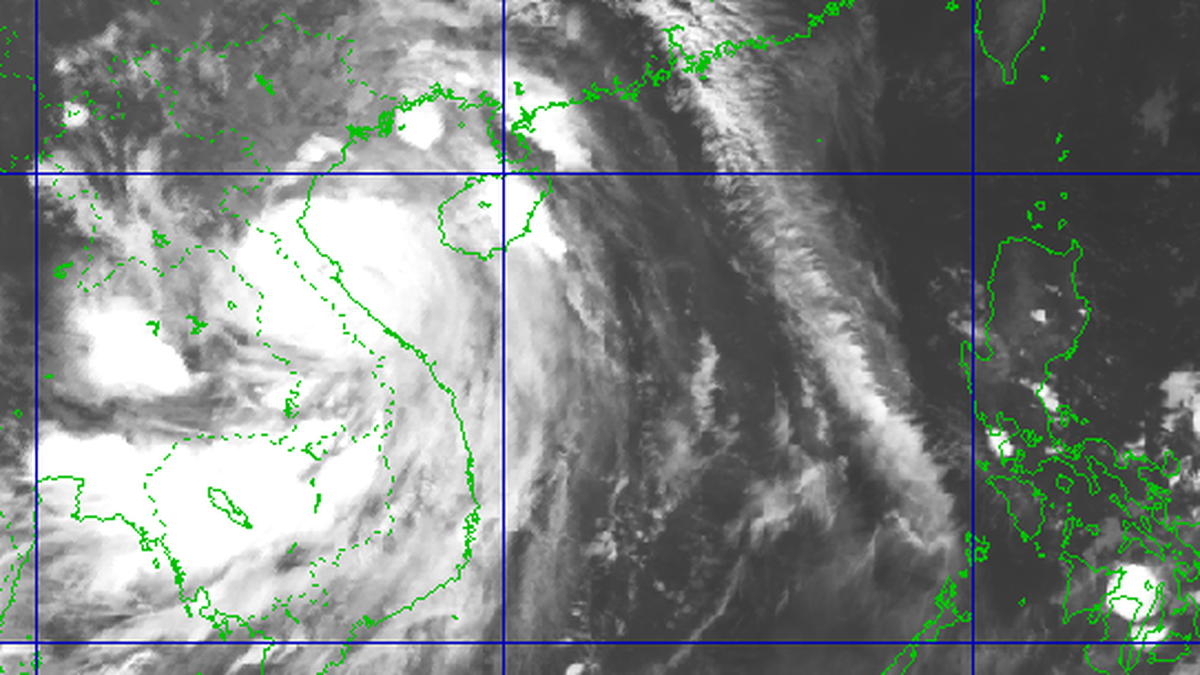

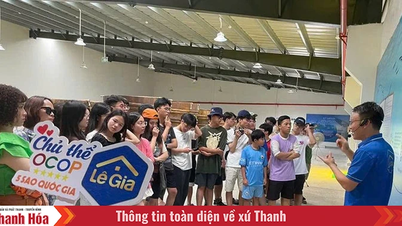

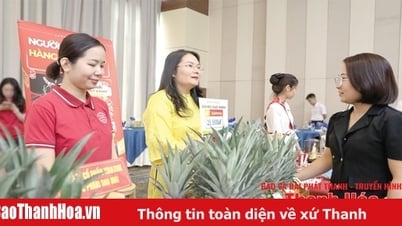




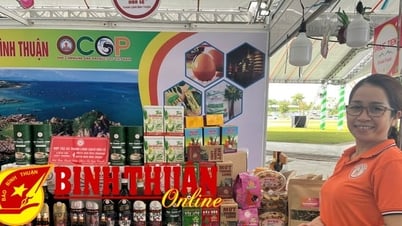














































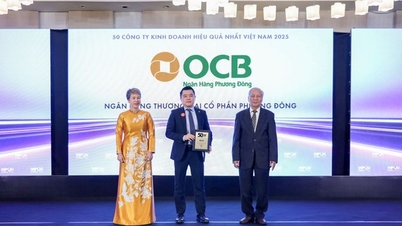












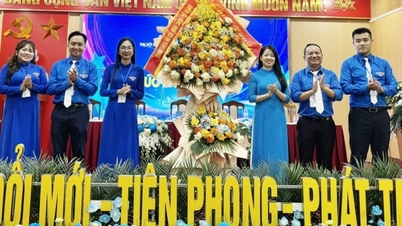
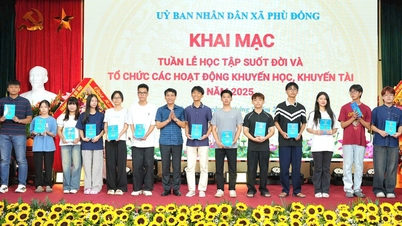
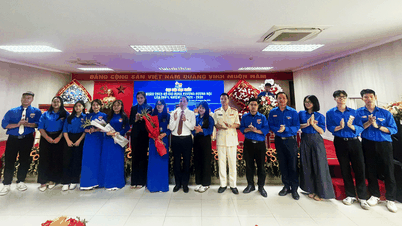
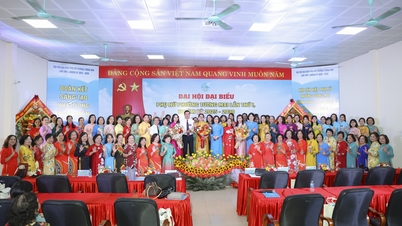















Comment (0)